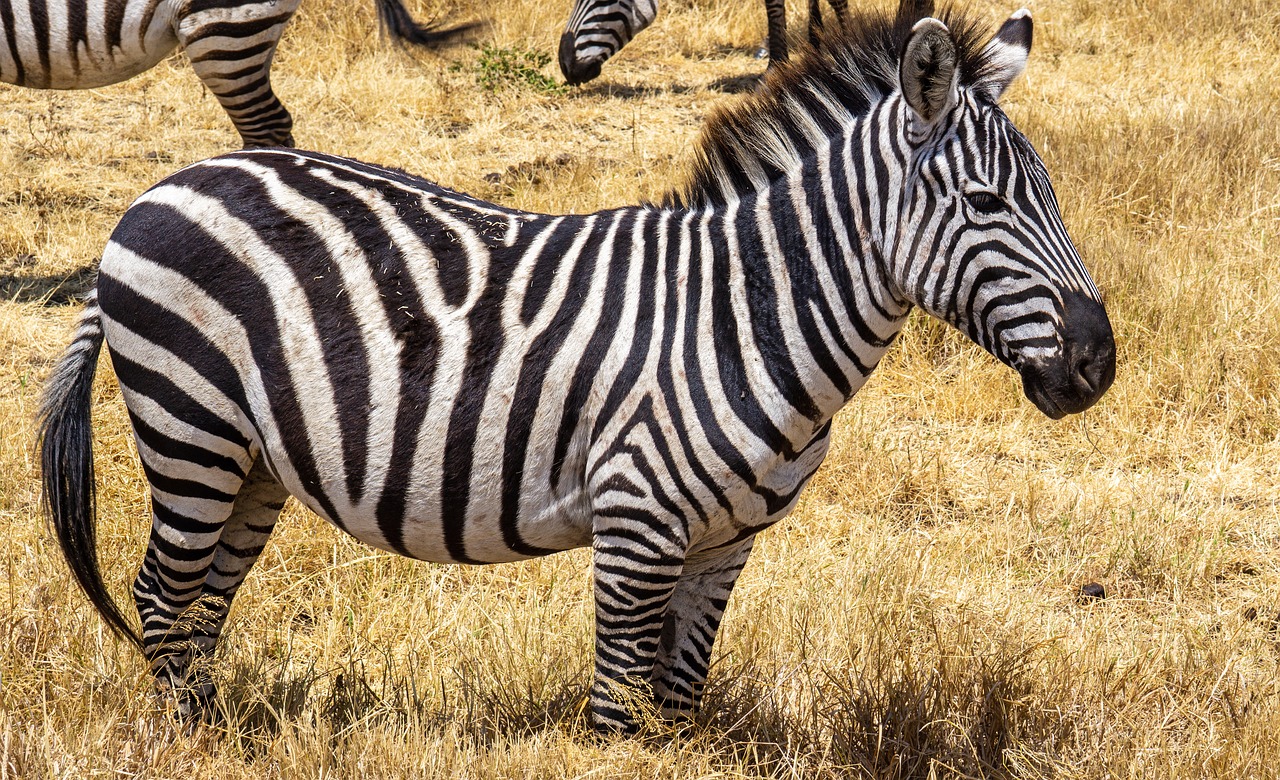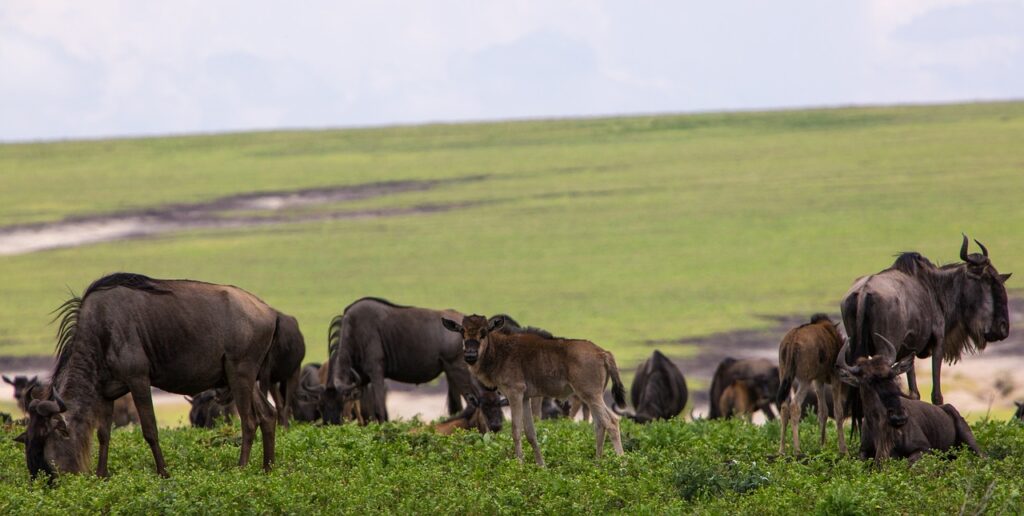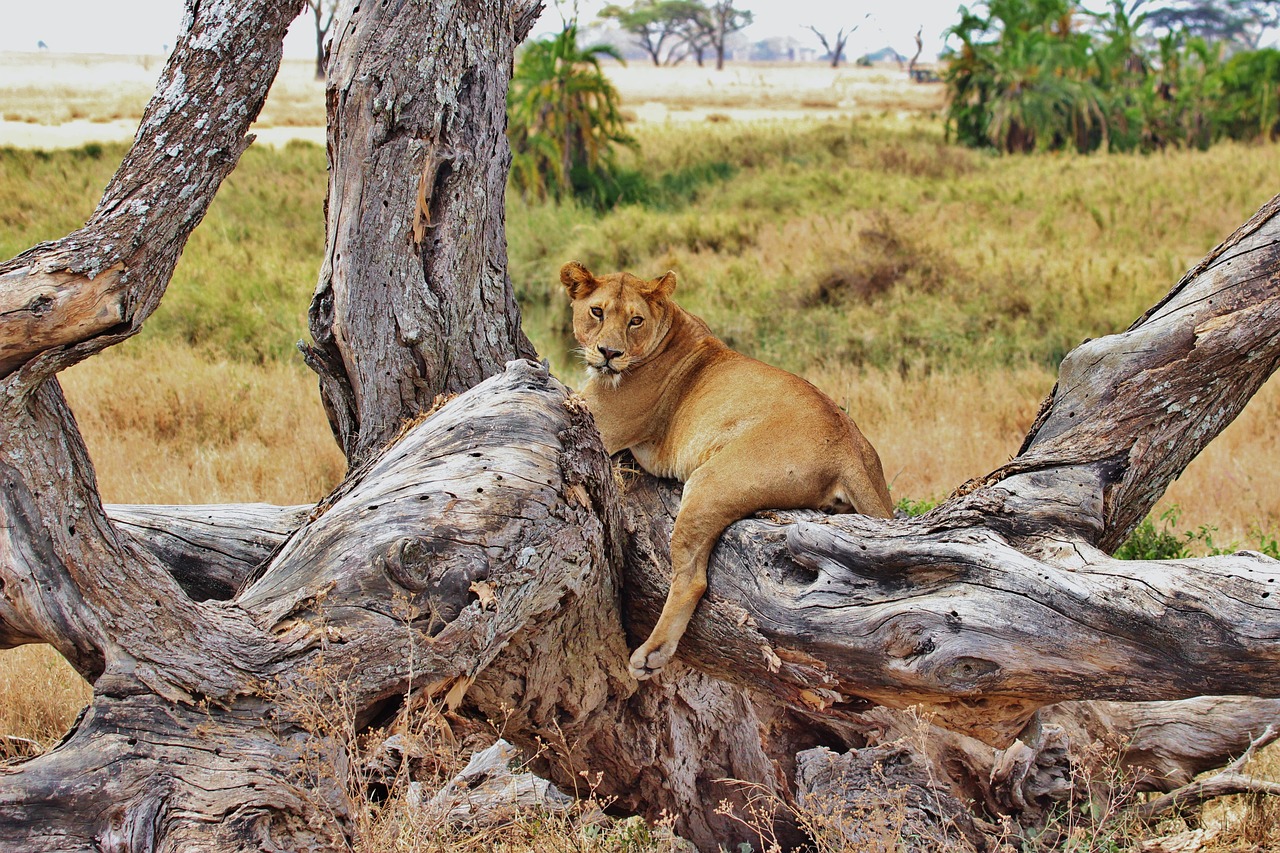Tanzania Tours
Tanzania is a diverse and vibrant country located in East Africa. Tanzania is a country of rich cultural heritage, diverse landscapes, and significant natural resources, making it a unique and interesting place both to visit and to study. Here are some key aspects about Tanzania:
Geography and Climate in Tanzania
Location: It is situated on the eastern coast of Africa, bordered by Kenya and Uganda to the north, Rwanda, Burundi, and the Democratic Republic of the Congo to the west, and Zambia, Malawi, and Mozambique to the south. To the east, it has a coastline along the Indian Ocean.
Landscapes: Tanzania boasts a variety of landscapes, including the Serengeti plains, the Ngorongoro Crater, and the mountainous regions like Mount Kilimanjaro, which is Africa’s highest peak.
Climate: The climate varies from tropical along the coast to temperate in the highlands. The coastal regions are generally hot and humid, while the interior can be cooler, especially at higher elevations..
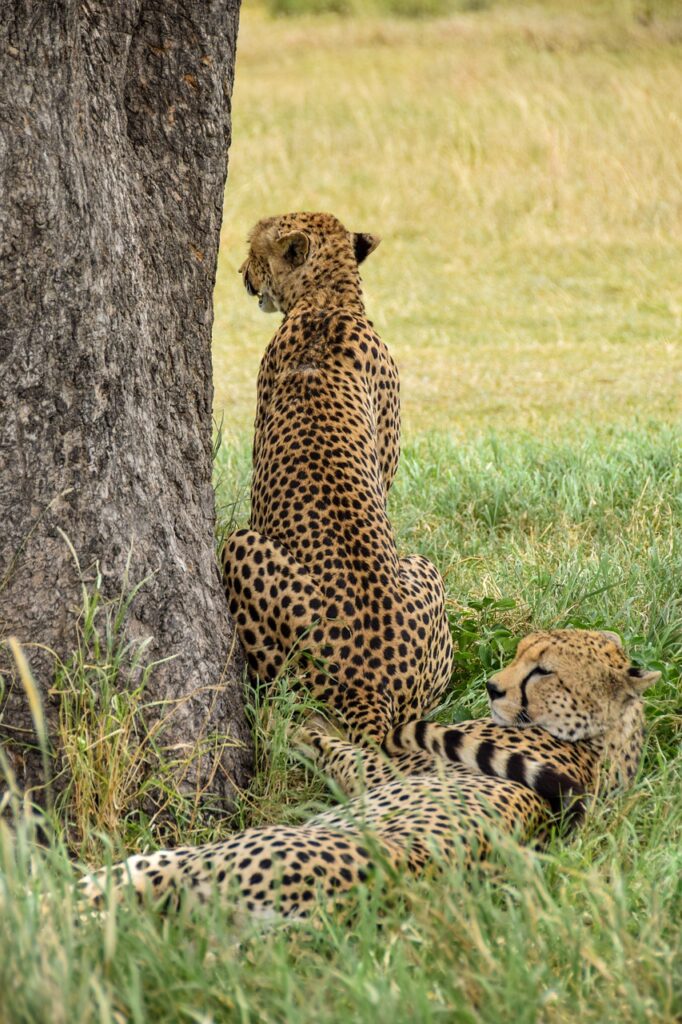
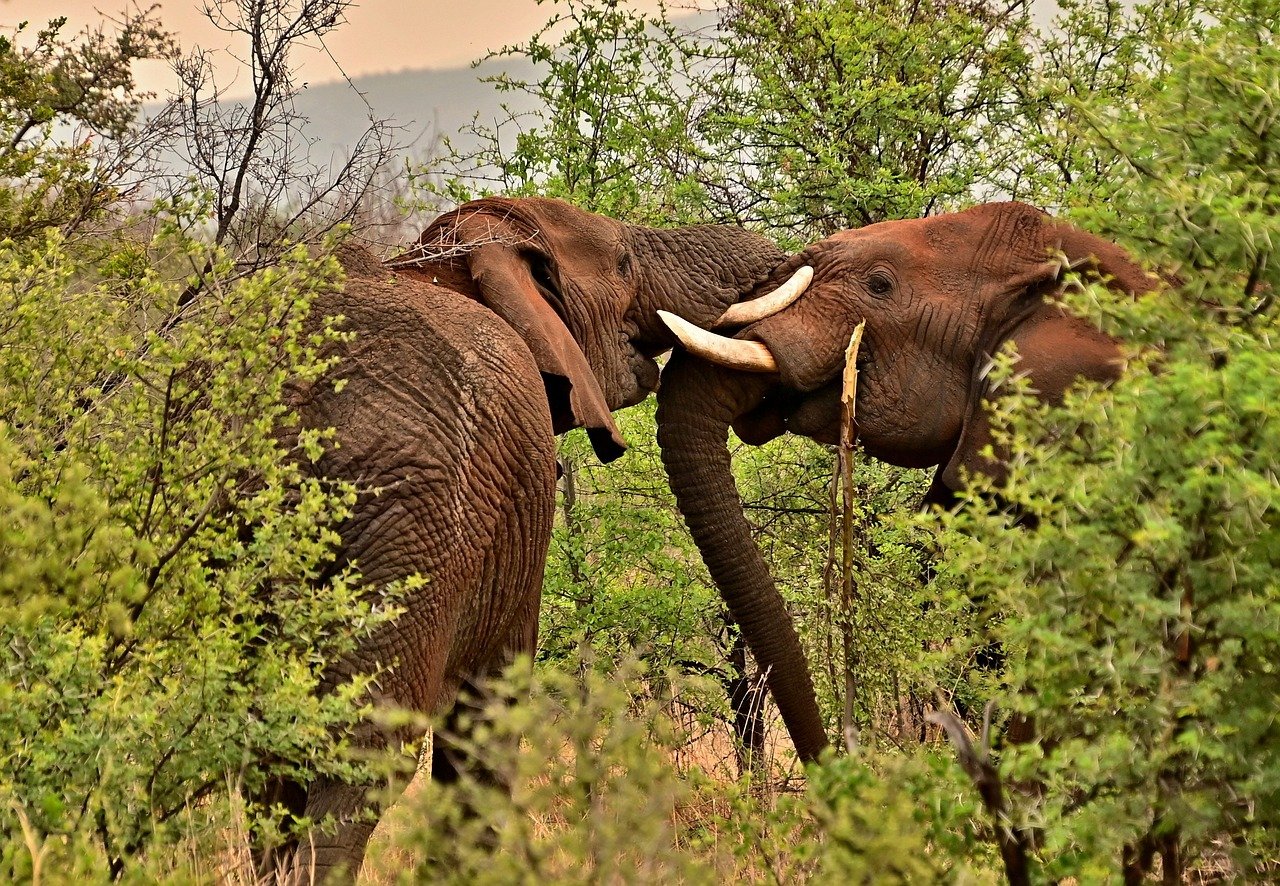
Culture and Language in Tanzania.
Ethnic Diversity: Tanzania is home to over 120 ethnic groups, each with its own distinct culture and traditions. The largest groups include the Sukuma, Chaga, and Haya.
Languages: Swahili is the national language and is widely spoken throughout the country. English is also used, especially in business and education. Many local languages are spoken in various regions..
Economy of Tanzania
Agriculture: The economy is primarily based on agriculture, which employs the majority of the population. Key crops include coffee, tea, and cashew nuts.
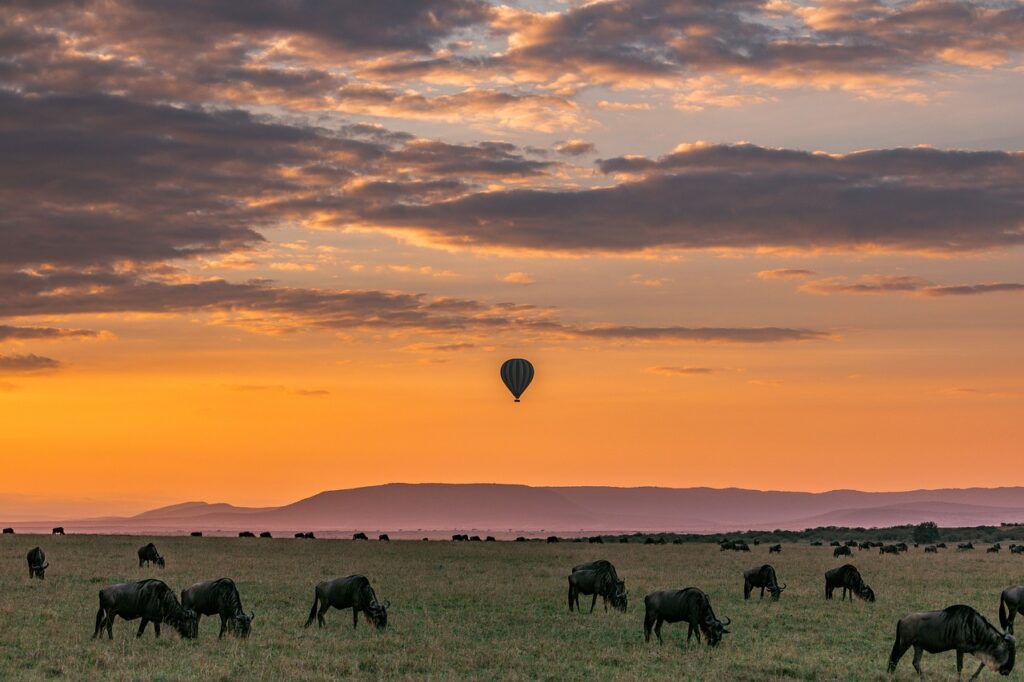
Tourism in Tanzania.
Tanzania is renowned for its natural beauty and wildlife, attracting tourists to destinations like Serengeti National Park, Ngorongoro Crater, and Zanzibar’s beaches.
Resources: In addition to agriculture, Tanzania has mineral resources like gold and natural gas, which play an important role in its economy.
History and Politics in Tanzania
Colonial Period: Tanzania was a German colony known as German East Africa until World War I, after which it became a British mandate and later a trust territory.
Independence: The country gained independence in 1961, with Julius Nyerere becoming the first president. Nyerere is remembered for his role in the country’s development and his promotion of socialism.
Modern Politics: Tanzania is a multi-party democracy with a president serving as both head of state and government. The political landscape has been relatively stable compared to some other African nations.
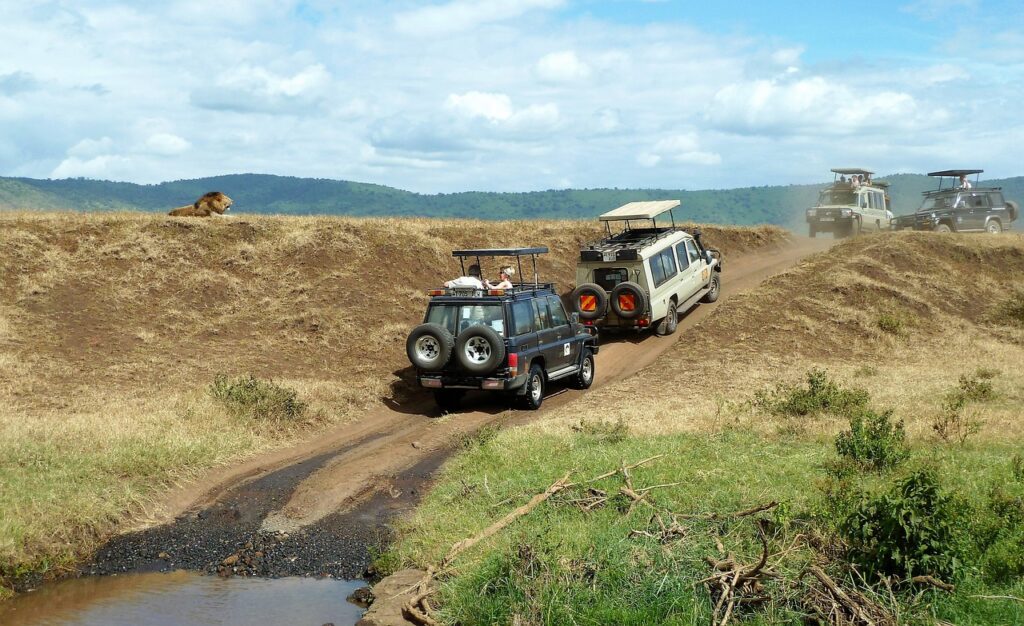
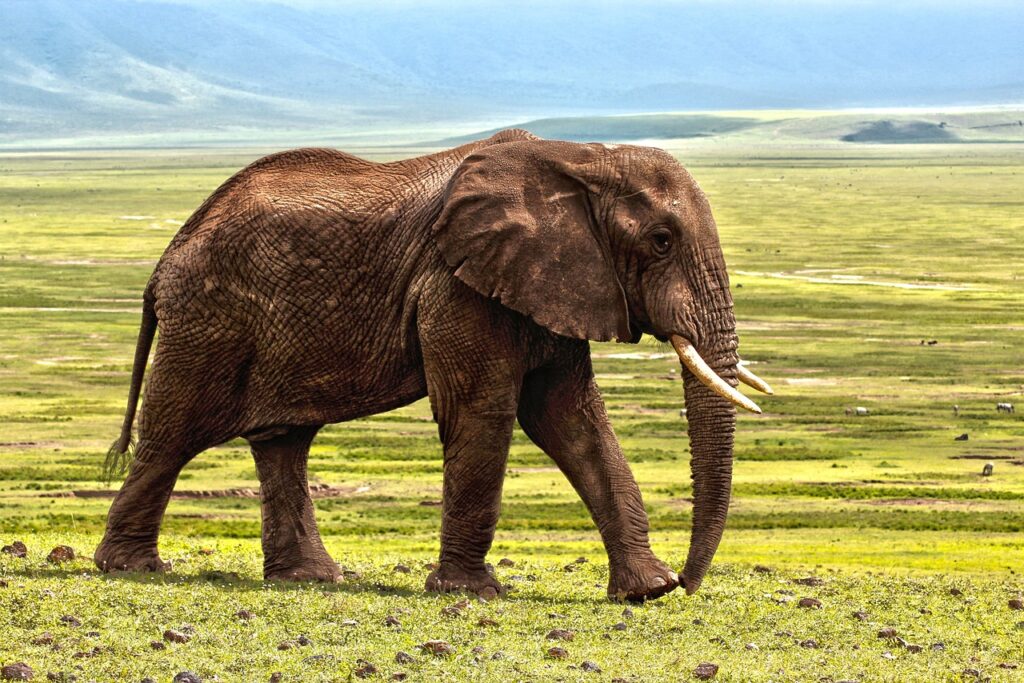
Safari in Tanzania Highlights:
Serengeti National Park: Famous for its annual migration of wildebeests and zebras.
Zanzibar: An archipelago with beautiful beaches, historical Stone Town, and a mix of African, Arab, and Persian cultures.
Ngorongoro Crater: A UNESCO World Heritage site with a rich diversity of wildlife.
Wildlife and Conservation:
Tanzania is known for its rich biodiversity and is home to numerous national parks and conservation areas. The country’s commitment to wildlife conservation is significant, with efforts focused on protecting species such as elephants, rhinos, and lions.

